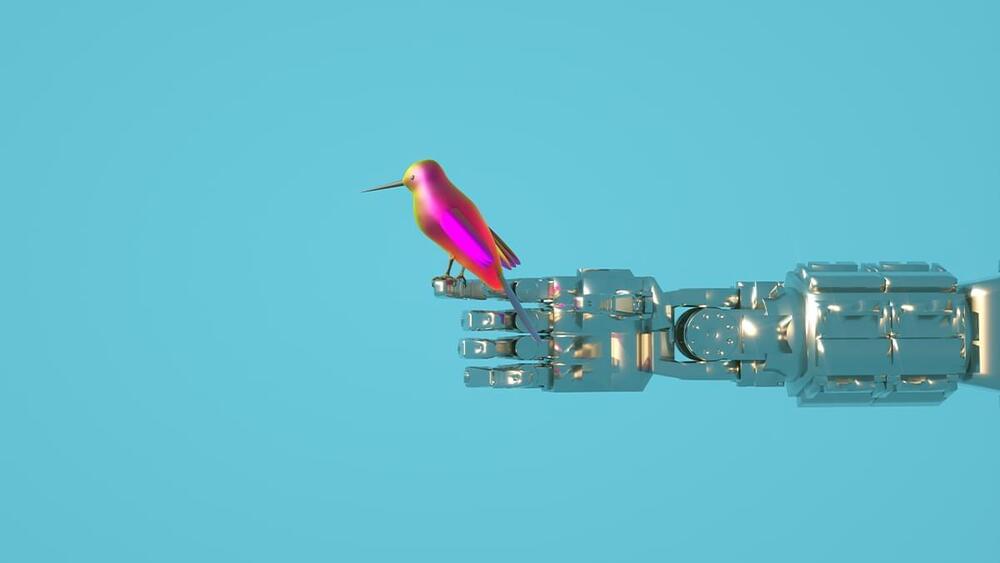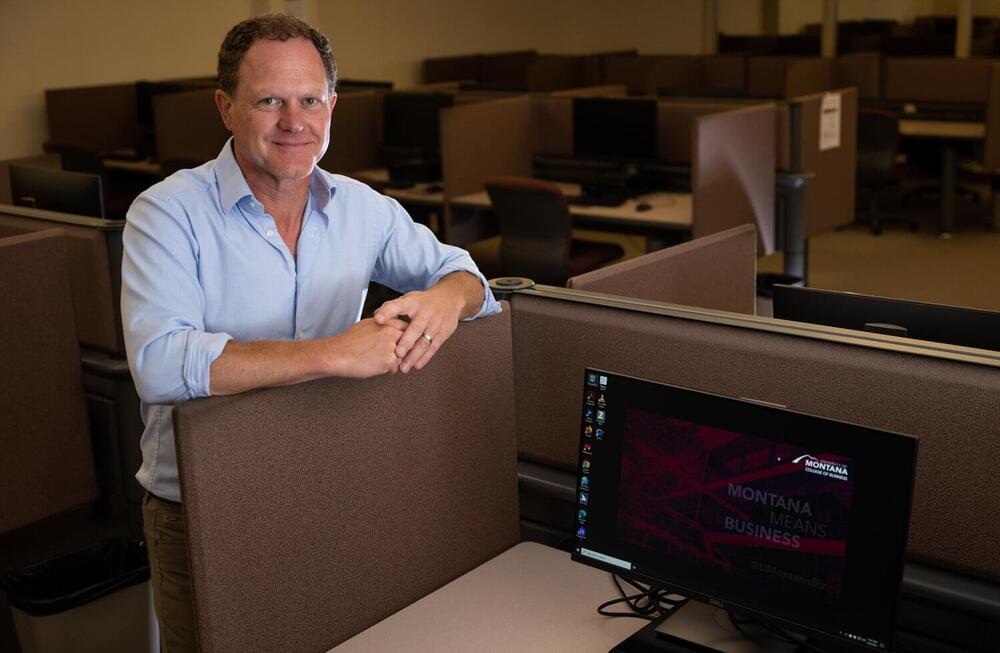The competitive nature of AI development poses a dilemma for organizations, as prioritizing speed may lead to neglecting ethical guidelines, bias detection, and safety measures. Known and emerging concerns associated with AI in the workplace include the spread of misinformation, copyright and intellectual property concerns, cybersecurity, data privacy, as well as navigating rapid and ambiguous regulations. To mitigate these risks, we propose thirteen principles for responsible AI at work.
Page-utils class= article-utils—vertical hide-for-print data-js-target= page-utils data-id= tag: blogs.harvardbusiness.org, 2007/03/31:999.359663 data-title=13 Principles for Using AI Responsibly data-url=/2023/06/13-principles-for-using-ai-responsibly data-topic= Technology and analytics data-authors= Brian Spisak; Louis B. Rosenberg; Max Beilby data-content-type= Digital Article data-content-image=/resources/images/article_assets/2023/06/Jun23_30_200245321-001-383x215.jpg data-summary=
Companies need to consider a set of risks as they explore how to adopt new tools.






